#Adriana Lecouvreur
Explore tagged Tumblr posts
Text




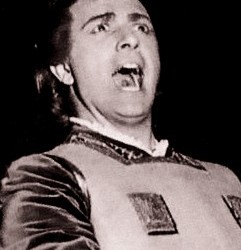
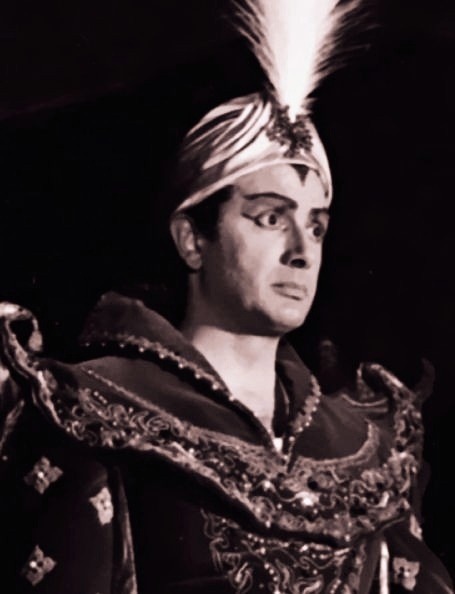



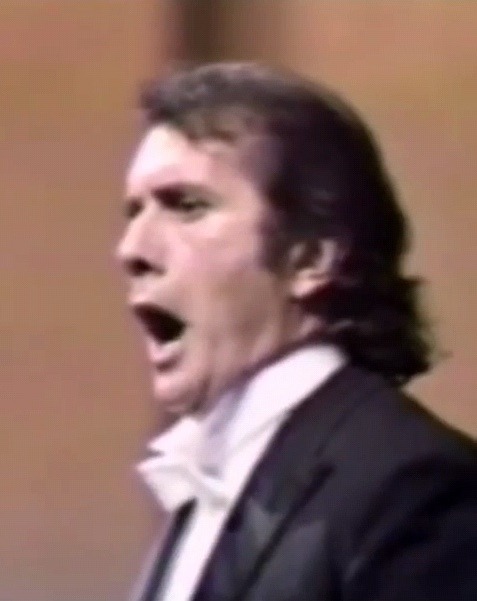
FRANCO CORELLI 20 anni della sua Scomparsa 💐🙏💐 RIP 🙏
29.X.2003
Copyright ©️ CETRA. For details please consult ALT over images. Thank you very much 🌺
16 notes
·
View notes
Text
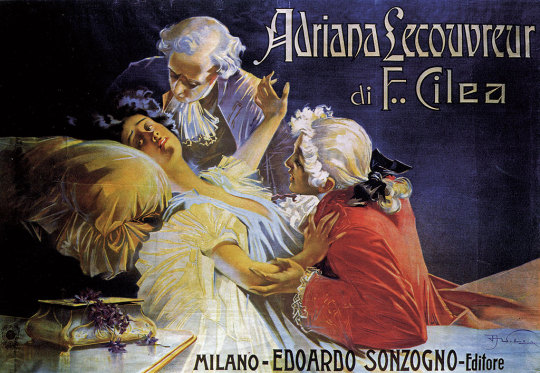
youtube
9 notes
·
View notes
Text

3 notes
·
View notes
Text

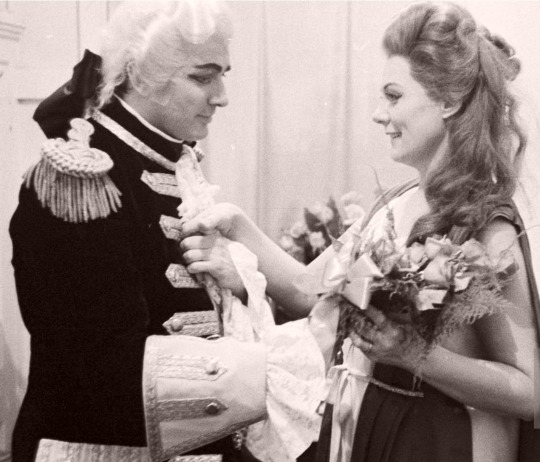

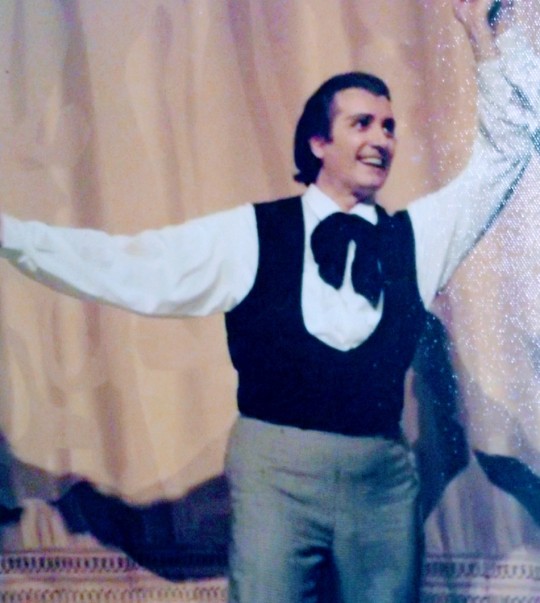

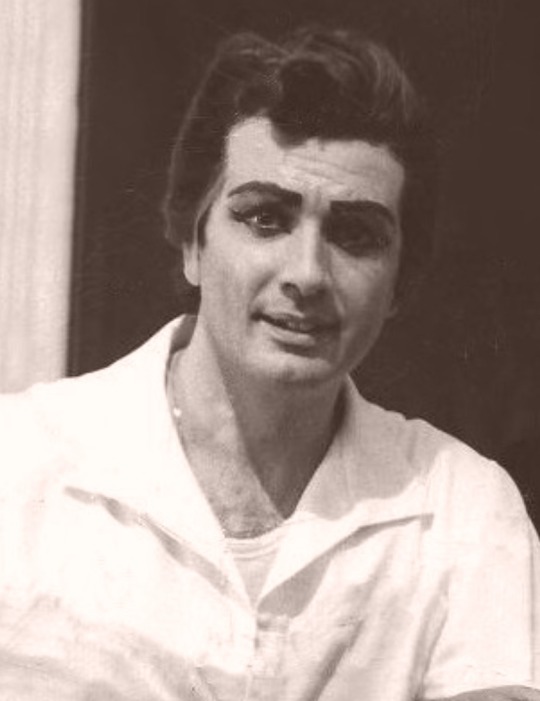
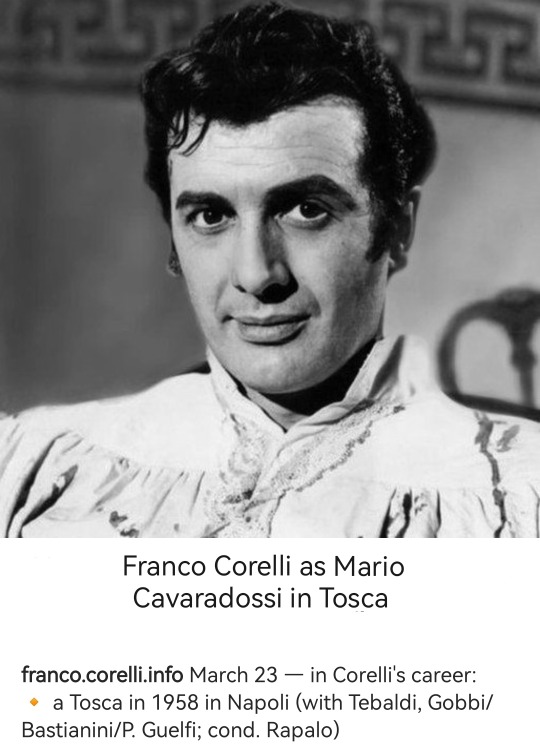


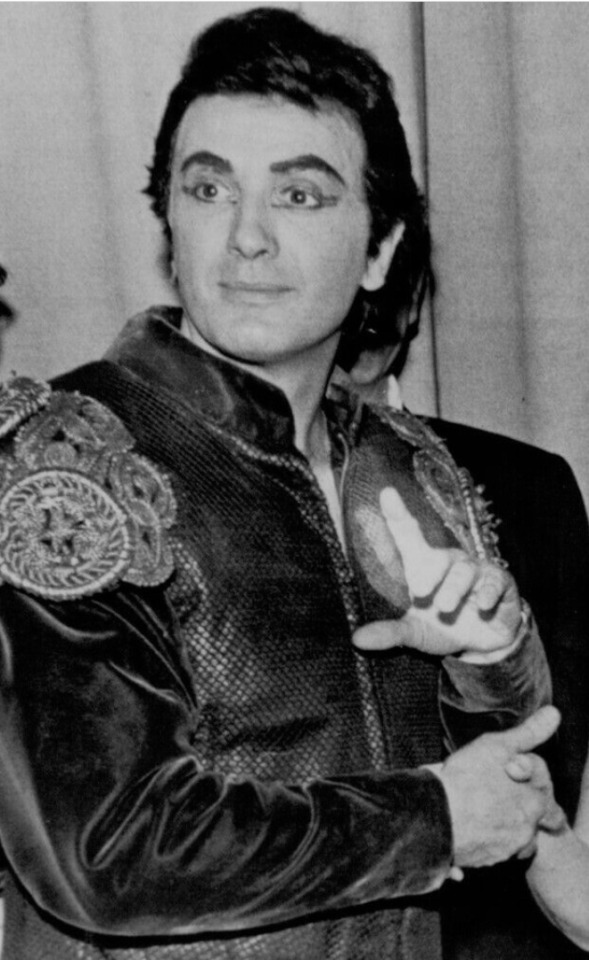
FRANCO CORELLI
With RENATA TEBALDI
Adriana Lecouvreur, Gioconda, Turandot, Tosca, La Forza del Destino...
9 notes
·
View notes
Photo
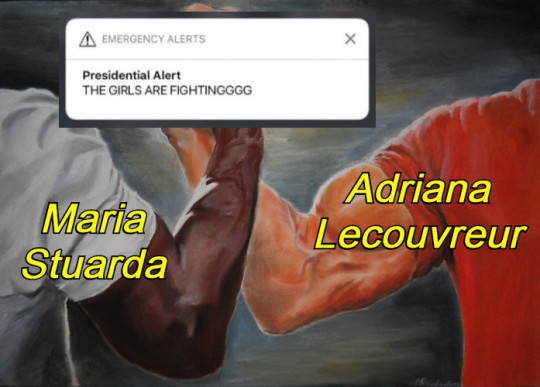
Nothing like a soprano VS mezzo operatic catfight amirite
#opera#opera shitpost#opera shitposts#opera as memes#opera meme#opera memes#maria stuarda#adriana lecouvreur#donizetti#gaetano donizetti#cilea#francesco cilea#the girls are fighting#operatic catfights#2 opera memes in one day mod rayatii's on a roll
13 notes
·
View notes
Text
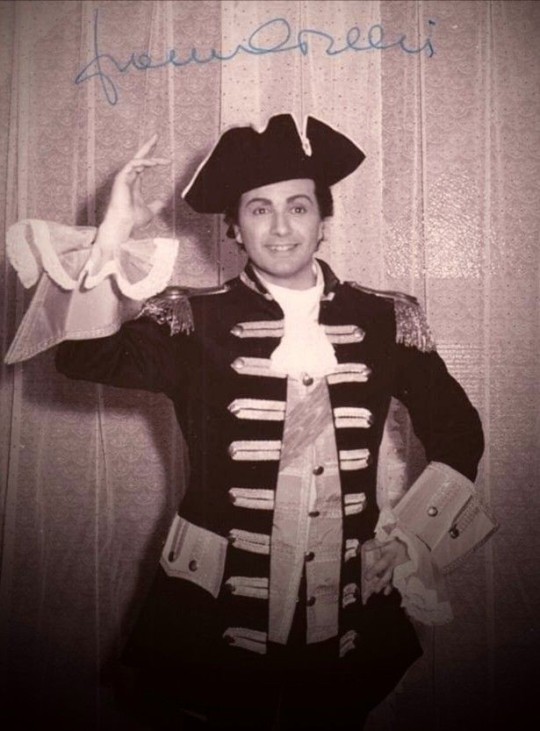
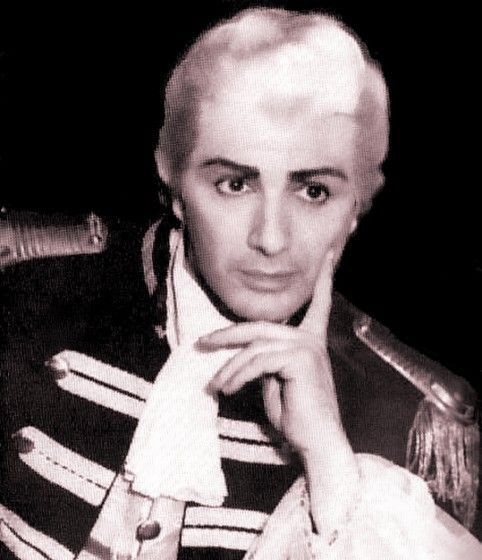

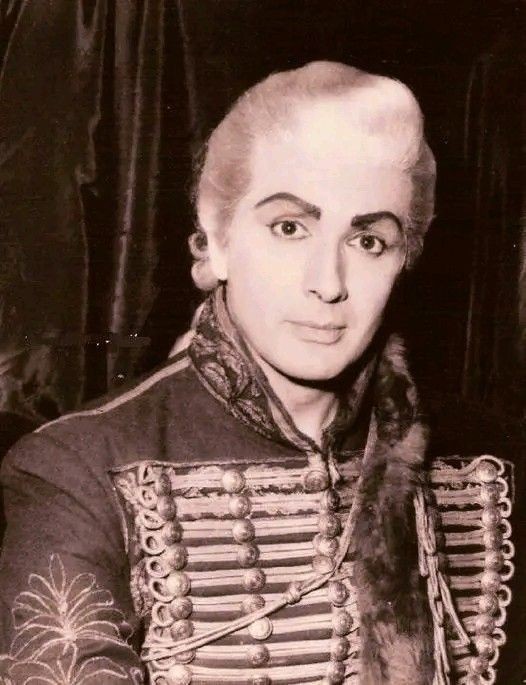
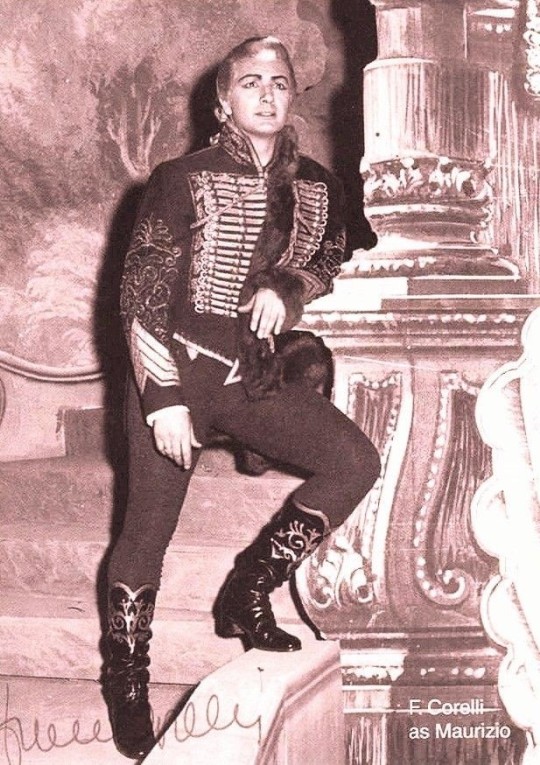
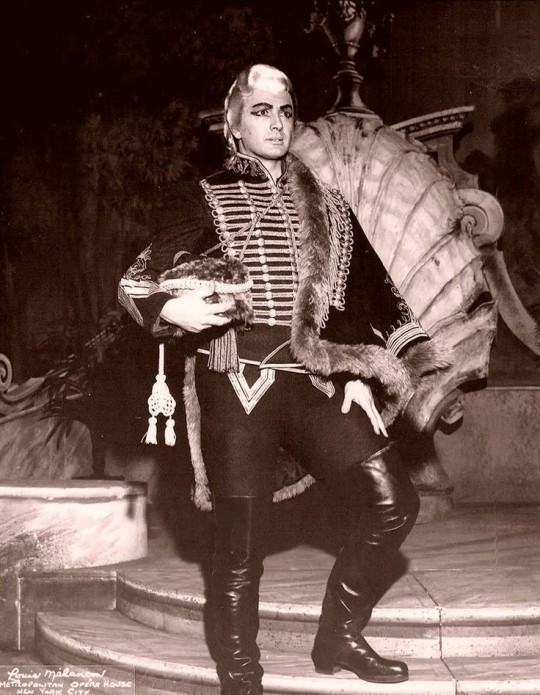
FRANCO CORELLI nei panni di Maurizio di Sassonia ne *Adriana Lecouvreur* , CILEA
5 notes
·
View notes
Text
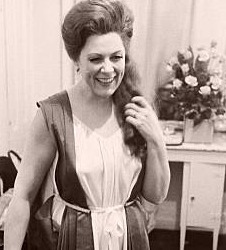







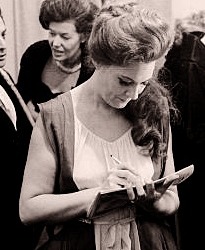

1 note
·
View note
Text

are yall alright? like in the head?
#so uhhh og carmen is a musical then? die zauberflöte (but jagoda that is technically a singsp--shutyourwhoremouth<3) too?#traviata? dhdgsjsgs adriana lecouvreur?#incredible#opera tag#i am so deeply fascinated by this set of tags and the person hiding behind it. what must it be like in their mind....
46 notes
·
View notes
Text
I think I'll reread Racine while I'm at it
6 notes
·
View notes
Text
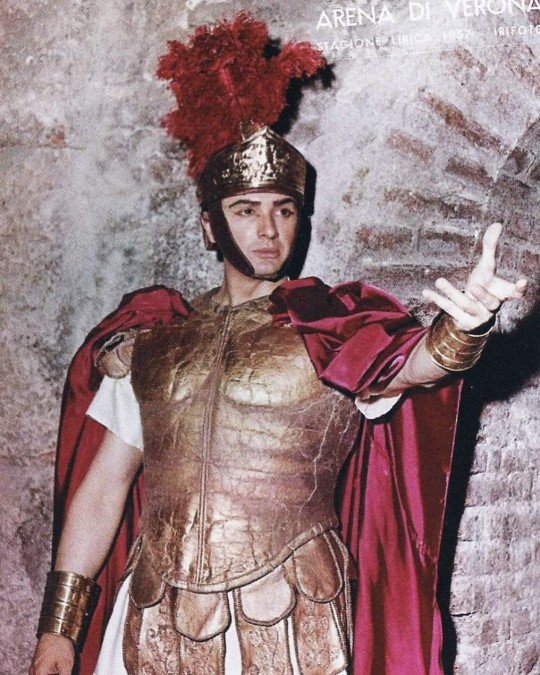
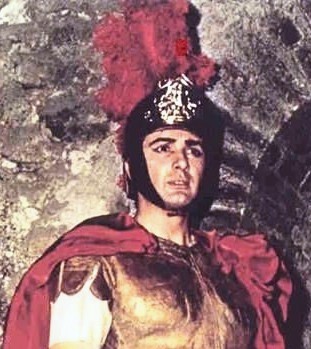
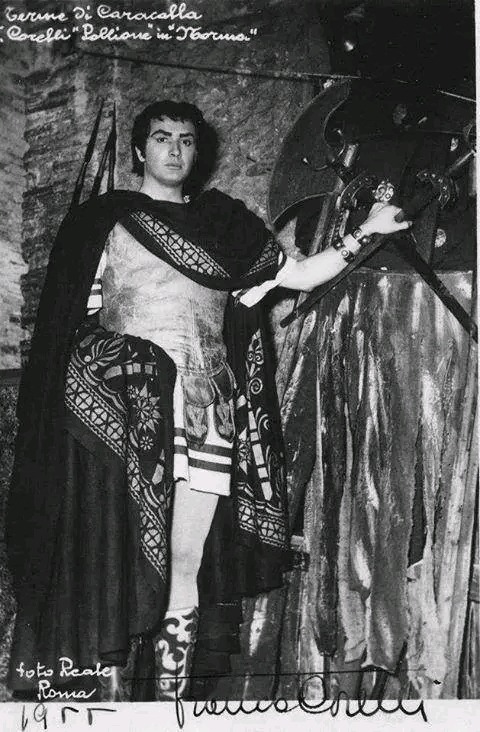


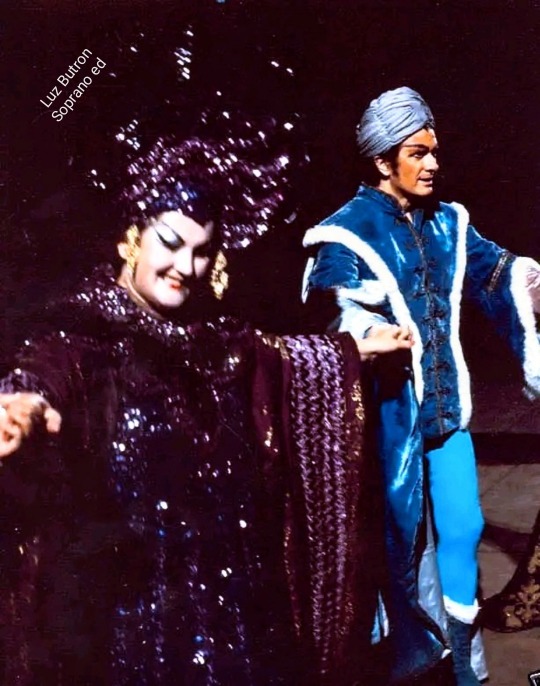
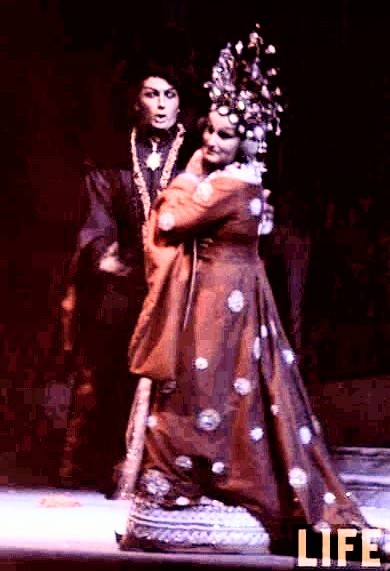
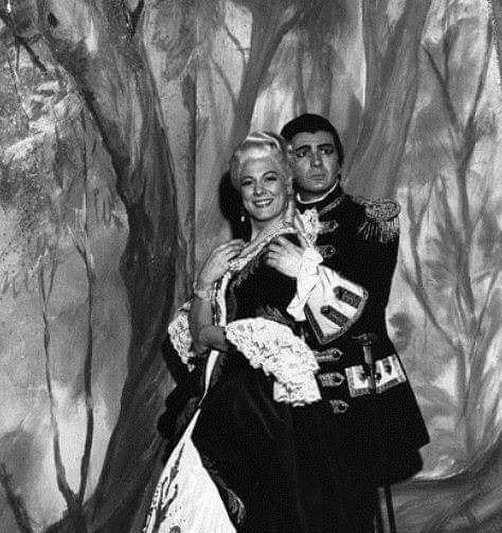


FRANCO CORELLI in
BELLINI's Norma as Pollione, Arena di Verona. Copyright ©️ Arena di Verona.
BELLINI's Norma as Pollione,
BELLINI's Norma as Pollione, Terme di Caracalla. Copyright ©️ Terme di Caracalla.
PUCCINI's Turandot as CALAF with Birgit Nilsson.
PUCCINI's Turandot as CALAF with Birgit Nilsson.
PUCCINI's Turandot as CALAF with Birgit Nilsson. Edition: Luz Butron Soprano.
PUCCINI's Turandot as CALAF with Birgit Nilsson. Copyright ©️ LIFE Magazine.
CILEA's Adriana Lecouvreur as Maurizio with Renata Tebaldi.
CILEA's Adriana Lecouvreur as Maurizio with Renata Tebaldi
CILEA's Adriana Lecouvreur as Maurizio with Ettore Bastianini.
#tenori titani 7#tenori titani#franco corelli#norma#turandot#adriana lecouvreur#renata tebaldi#ettore bastianini#birgit nilsson
9 notes
·
View notes
Text
Every so often (usually on twitter, or at least last i remember because i haven't been there in like a year.) the meme of 'what if (movie) but a muppets version' goes around, and opera people naturally start applying this to opera. So people will start casting muppets in operas or asking 'who would be the one human in this opera'. This is fine and good except that dramaturgically it is a betrayal of the concept of the Muppets. The section of Muppet movies that are 'muppets do this famous story' is really quite small, and out of them only one (The Muppet Christmas Carol natch) is really notable.
This is because Muppets are very specifically a loving homage of vaudevillian theatre and the early golden age of Hollywood. They match those tropes and archetypes perfectly. That's also why attempts to update the Muppets to be 'more modern and relevant' often fail unless they hearken back to that era, the Muppets are actually a very specific brand of humor that doesn't easily translate especially as the early to mid 20th century becomes something less and less people actually lived through.
REALISTICALLY a GOOD and NOT LAME Muppet movie about opera would have them RUNNING an opera house, with the actual plot being about backstage operations, and it would be a homage to the 1920s-1960s era of opera houses, which have a lot of the same archetypes as Vaudeville and early Hollywood. Plus that would kind of give a tinge of the 'nostalgia factor' that Muppet productions used to have, because when Muppet stuff came out people actually remembered the golden age of Hollywood from their childhoods. However if we really HAVE to do the 'omg what if muppets cast in this' thing, which again has only worked well Once for One Muppet Movie, we would need an opera that plays on those archetypes we see from that era of theatre. Maybe even an opera that was written early in the thick of it and deliberately plays into those archetypes both on and off the stage. And it has to be something that has a very tight plot, so it doesn't devolve into pure filler (sorry Adriana Lecouvreur).
This means there's only ONE correct answer to this question of what opera would make the best Muppet movie. And that is that Miss Piggy was born to play Floria Tosca.
48 notes
·
View notes
Text
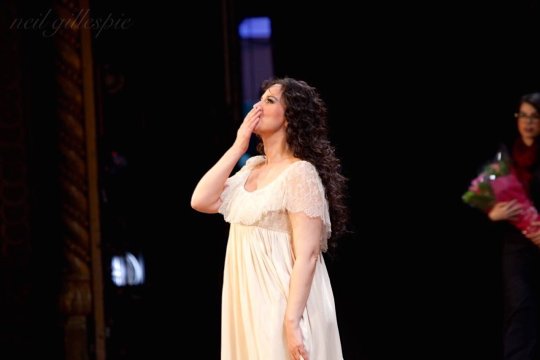
4 notes
·
View notes
Text
Why is Opera music so slept on?? Where is more???
I just had the most mind-scrunching, toe-curling, eye-drenching, stomach-dropping experience as I listened to the climax of "Un bel dì vedremo"
Anyway, opera recommendations - they may be basic but don't be a snob add your own instead. Also only partial title because they can be too long for me to type out.
Puccini: Madama Butterfly, Act 2: "Un bel dì vedremo"
Barcacolle (the one with the lady's face on the cover)
Celia: Adriana Lecouvreur, Act 1: "Ecco, respiro appena...."
Puccini: La boheme, Act 3: "Donde lieta usci al tou...."
Les Contes d'Hoffmann, Act 3: "Belle nuit, o nuit d'amour"
The Flower duet (you'll probably recognise this one)
Yes, I do have a Maria Callas bias. Listen to her songs though, she has pipes.
39 notes
·
View notes
Text
youtube
Lovely aria from -
Francesco Cilea (1866-1950) - Adriana Lecouvreur, Act I: Io son l'umile ancella ·
Renée Fleming · London Philharmonic Orchestra · Sir Charles Mackerras
3 notes
·
View notes
Text
Have y'all ever been so tipsy on a Wednesday you confused Adriana Lecouvreur and Andrea Chénier? Just me? Cool.
#opera#it's been a long week ok#i have a four day weekend coming up#just one more day#and i'm free#personal
4 notes
·
View notes
Text
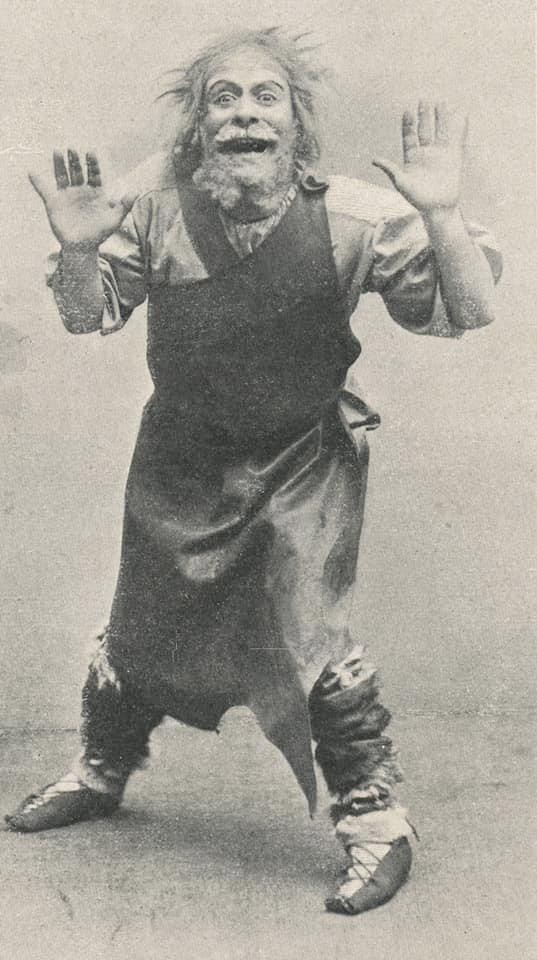
Here a picture of Gaetano Pini-Corsi as Mime, Madrid 1901.
Gaetano Pini-Corsi (1860-1935) was a gifted singer of both leading and buffo roles. Born in the Croatian town of Zara, Pini-Corsi came from a family of singers. Included in the dynasty were his two uncles, baritone Giovanni Corsi (1822-1890) and tenor Achille Corsi (1840-1906), his cousin, soprano Emilia Corsi (1870-1928), his nephew, tenor Umberto Pini-Corsi (1879-1911) and, probably the best known member of the family, older brother Antonio Pini-Corsi (1858-1918), the celebrated buffo baritone, who sang character roles at the Met during the early 20th Century. Gaetano Pini-Corsi made his debut in Empoli as Ernesto in Don Pasquale in 1881. For the next two decades, the tenor sang mostly leading roles, such as the Duke in Rigoletto, Riccardo in Un Ballo in Maschera, Alfredo in La Traviata, Edgardo in Lucia di Lammermoor, Elvino in La Sonnambula, Tonio in La Figlia del Reggimento, Almaviva in Il Barbiere di Siviglia, Gennaro in Lucrezia Borgia, Pollione in Norma, Manrico in Il Trovatore, Fernando in La Favorita, Nemorino in L’Elisir d’Amore, Carlo in Linda di Chamounix, Corentin in Dinorah and the title roles in Ernani, Fra Diavolo and Faust. As he approached the age of 40, however, Pini-Corsi found that his flair for the comedic lent itself to buffo roles. As the 19th century came to a close, the tenor began to gravitate more and more toward character roles. For the next several years, Pini-Corsi divided his time between leading and comic roles, finally committing exclusively to the latter in 1908. He was very much in demand in both major and provincial companies throughout Europe and the Americas including the Politeama in Genoa, the Teatro Regio in Parma, Como’s Teatro Sociale, the Teatro Ristori in Verona, Bologna’s Teatro Comunale, the Teatro Costanzi in Rome, Palermo’s Teatro Massimo, the Teatro San Carlo in Naples, Milan’s La Scala, Turin’s Teatro Regio, La Fenice in Venice, Modena’s Teatro Municipale, the Teatro Reale in Madrid, the Teatro Coliseo in Lisbon, Barcelona’s Teatro Liceo, the Teatro Municipal in Caracas, the Teatro Colón in Buenos Aires, the Teatro Solís in Montevideo and Boston Opera. One of the high points in Pini-Corsi’s career was his creation of the role of the marriage broker, Goro, in the world premiere of Puccini’s Madama Butterfly at La Scala in 1904. It would become a part he sang frequently over the course of the next quarter century and remained one of the tenor’s favorite roles until the end of his career. Pini-Corsi’s massive repertoire of over 75 roles included Laertes in Hamlet, Dr. Cajus and Bardolfo in Falstaff, Don Basilio in Le Nozze di Figaro, The Dance Master in Manon Lescaut, Abate in Adriana Lecouvreur, Schmidt in Werther, the Servants in I Racconti d’Hoffmann, Cassio in Otello, Mime in both Siegfried and Das Rheingold, David in Die Meistersinger, both Joe and Nick in La Fanciulla del West, Wagner in Mefistofele, Incredibile in Andrea Chénier, First Jew in Salome, Trinca in La Cena delle Beffe, Despréaux in Madame Sans-Gêne, Laerte in Mignon, Spoletta in Tosca and Gherardo in Gianni Schicchi. It was as Goro that the 72-year-old tenor bade farewell to the stage at the Teatro Comunale in Ferrara in 1932. Gaetano Pini-Corsi passed away in Milan on December 16, 1935 at the age of 75. Gaetano Pini-Corsi made more than 40 recordings (including the very first complete recording of Pagliacci) for such labels as Fonografia Nazionale, Odeon Fonotipia, The Gramophone Company, Parlophone and Victor. These discs showcase a relatively lightweight instrument which the tenor used wisely and efficiently during his 50-year stage career. The stylistic similarities to his older brother Antonio are striking, most notably in the exaggerated, machine gun vibrato (also noticeable in some of Giovanni Martinelli’s recordings) that he sometimes uses for dramatic effect. It is not a classically beautiful voice, but an effective one, nonetheless.
#opera#classical music#music history#bel canto#composer#classical composer#aria#classical studies#Gaetano Pini-Corsi#Pini-Corsi#opera singer#classical history#classical singer#classical musician#classical singing#classical musicians#opera history#historian of music#chest voice#maestro#musician#classical#history of music#history#music#musicians#tenor#singing
7 notes
·
View notes